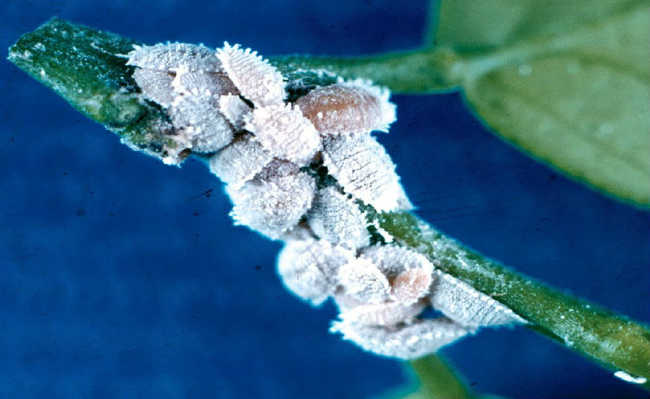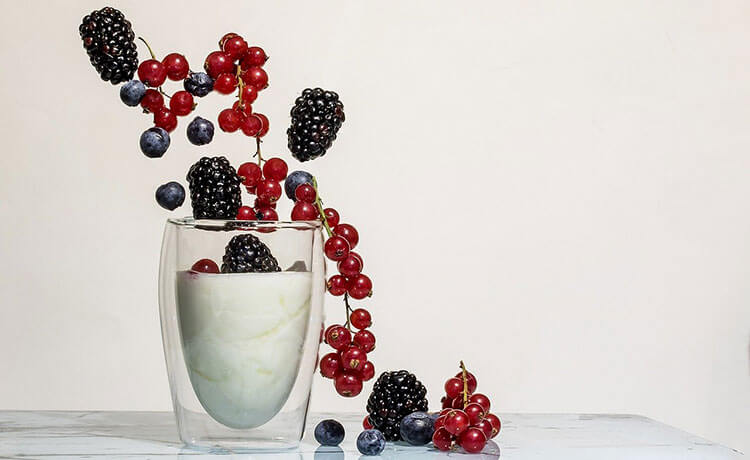Used as a preservative in wines, sulfur dioxide can cause allergic reactions.
One in 100 people is allergic to the element that serves as a preservative in wine production

Sulphites naturally form in foods and beverages as a result of fermentation, such as in beer and wine. Additionally, most winemakers use sulfur dioxide (which, in contact with alkaline solutions, forms sulfites) as a wine preservative. The amount of sulfites varies. Some natural winemakers do not add sulfites, and some wines are sold with low sulfite advertising.
Sulfur dioxide is the most used oenological product due to its potential preservative, antioxidant, disinfectant and fungicidal effects. This element, also known as sulfur dioxide and SO2, guarantees better conditions for the beverage's winemaking processes, eliminates fragile and undesirable bacteria and yeasts, which allows only the best ones to proceed with the fermentation process. Furthermore, it improves the aroma and sharpens the color of the drink. Sulphites are formed from the contact of sulfur dioxide with the liquid solution. Sulphites are used in many foods and beverages, so be aware that they are not only present in wine!
Sulphites are generally considered safe, however, a portion of the population is sensitive to it and can develop mild to severe complications. Due to its toxic potential, some people may experience discomfort, such as headaches, in moderate consumption. Sulphite sensitivity can develop at any time in a person's life, with some people only experiencing reactions when they are in their 40s or 50s. Manifestations of sensitivity to sulphites include dermatological, pulmonary, gastrointestinal and cardiovascular symptoms. Steroids dependent asthmatics or those who have a high degree of airway hyperreactivity are at increased risk of having a reaction with a food or drink that contains sulfite.
Bronchospasms, angioedema, urticaria, nausea, headache, increased heart rate, disorientation, nausea, vomiting, abdominal cramps, and diarrhea are commonly reported as adverse drug reactions.
For many people, sulphite is an enemy of wine lovers. Despite speculation, there are actually no studies that prove the link between sulfites and headaches. However, in more sensitive people, such as those with asthma, the substance could cause allergic reactions, such as rash, tingling and swelling. Therefore, the ideal is that his presence is as small as possible.
These reactions led to Food and Drug Administration (FDA - US government agency responsible for the control of food, medicines, among others) to impose that the labeling of "sulfites in content > 10 mg/L" be placed on the labeling of wines with sulphite. Experts from the International Organization of Vine and Wine (OIV) are investigating the possibility of lowering the content limit for normal wines, as this amount ingested during an hour is dangerous, according to some producers.
The World Health Organization (WHO) recommends 0.7 mg/l per kilogram of weight as the maximum daily consumption of SO2. This means that a 70-pound person will have a daily limit of 49 mg. The consumption of half a bottle of wine with 150 mg/l can provide 56 mg of SO2.
Learn more about the positive and negative health impacts of wine here.
Sulphite-free wines
Most ecological wines have less sulfur and are more sustainable and healthy. There are three different types of wines: organic, biodynamic and natural. They are made without pesticides, fermented in wooden tanks and with as little machinery as possible. To learn more, click here.
One in 100 people is sensitive to sulfites, why not try an alternative that is more beneficial for yourself and the environment?
Wine can be very beneficial to health if consumed from a reliable source, preferably organic and with as few chemical additives as possible. It should be drunk in moderation, regularly and with meals. The eCycle Store has in its catalog options for organic labels, check it out here. Learn more about organic wines here.










